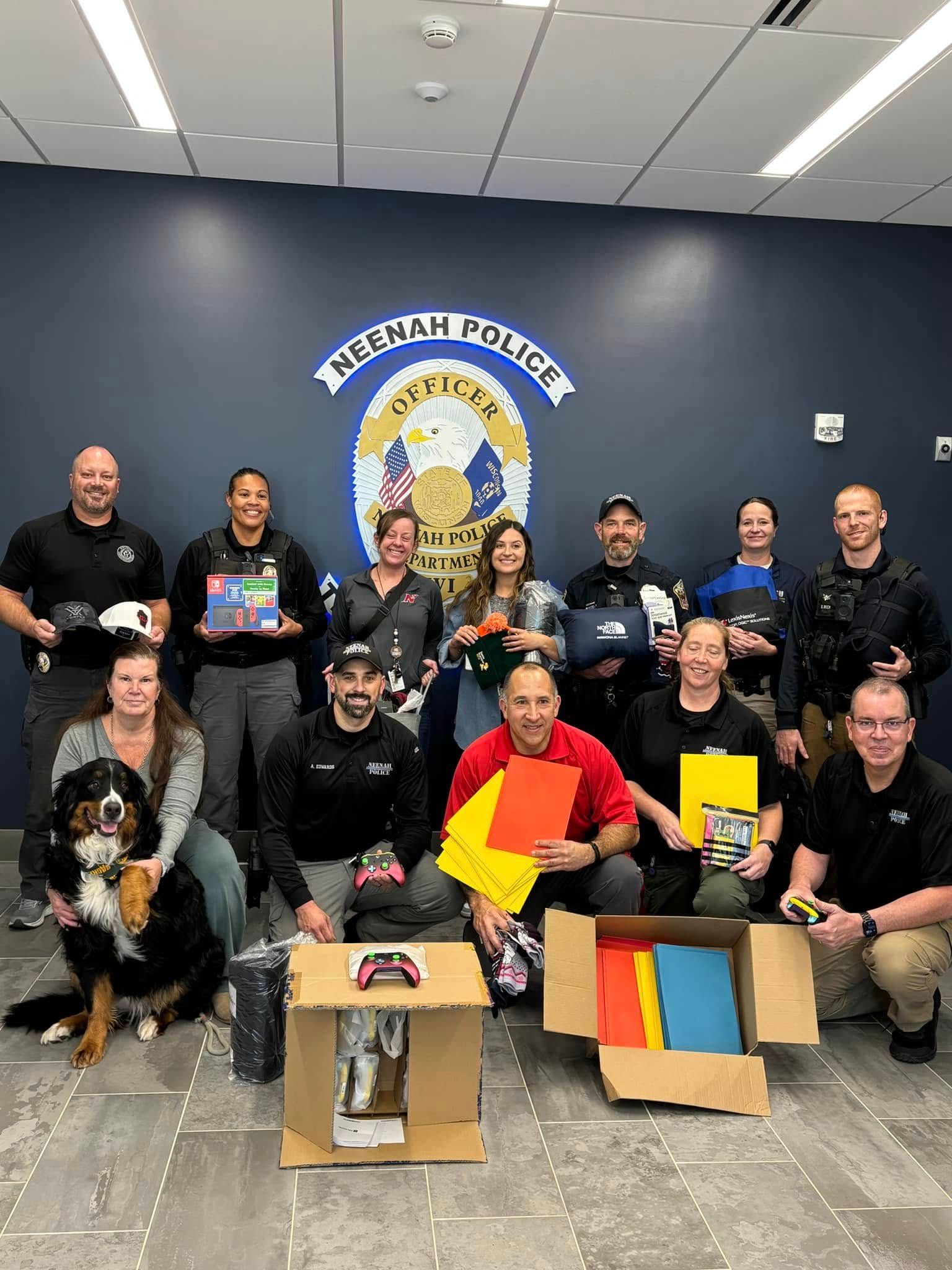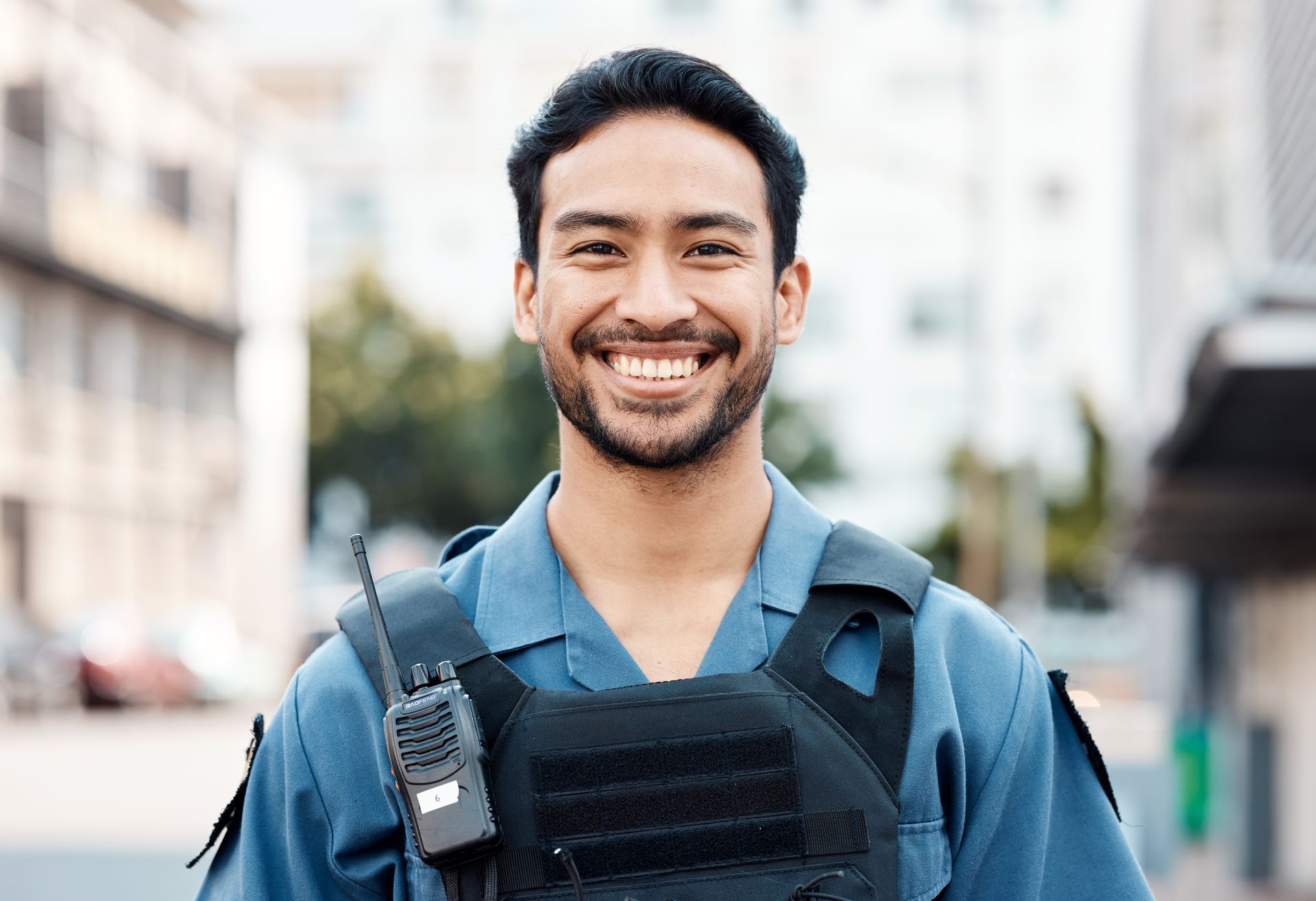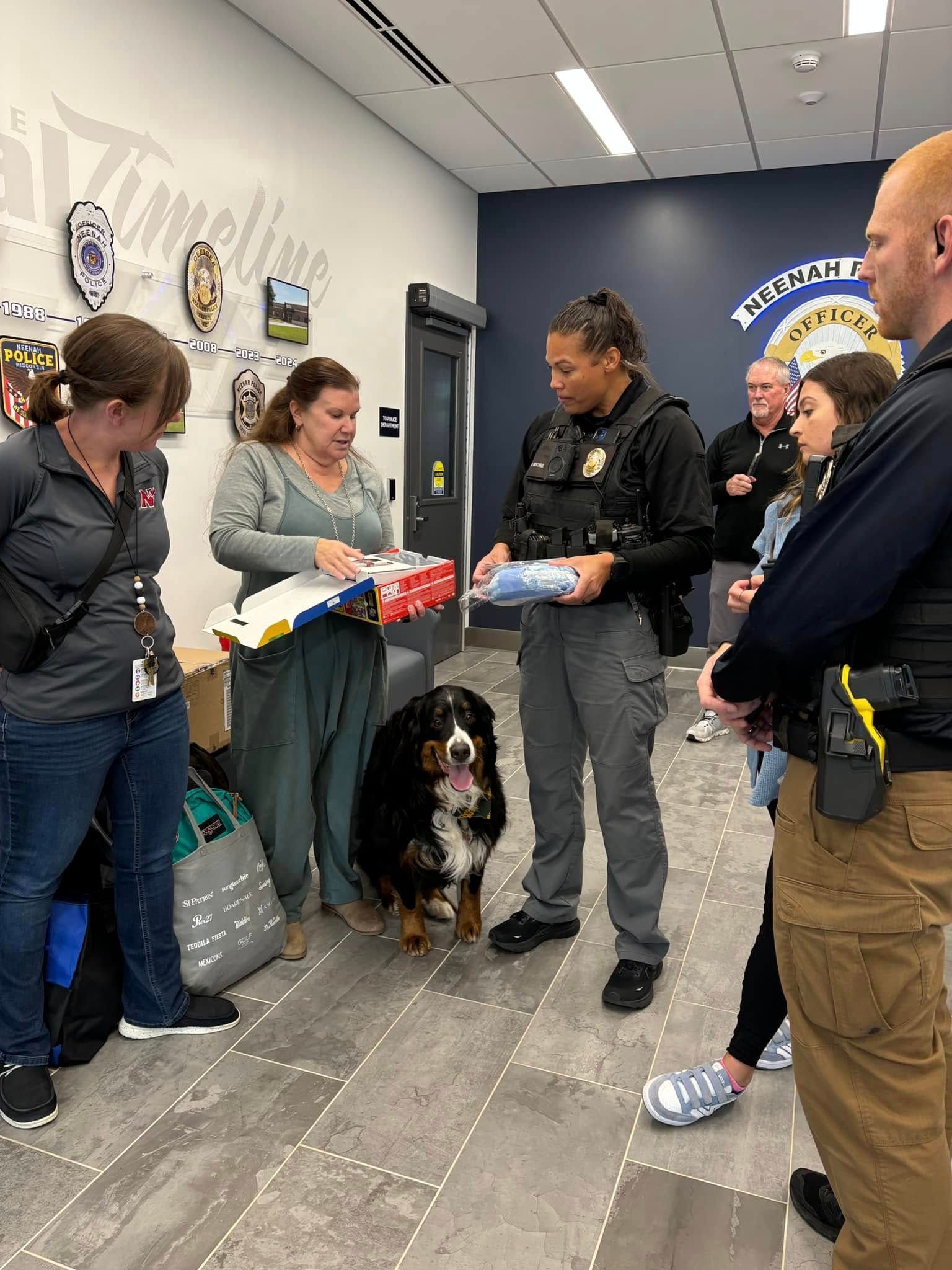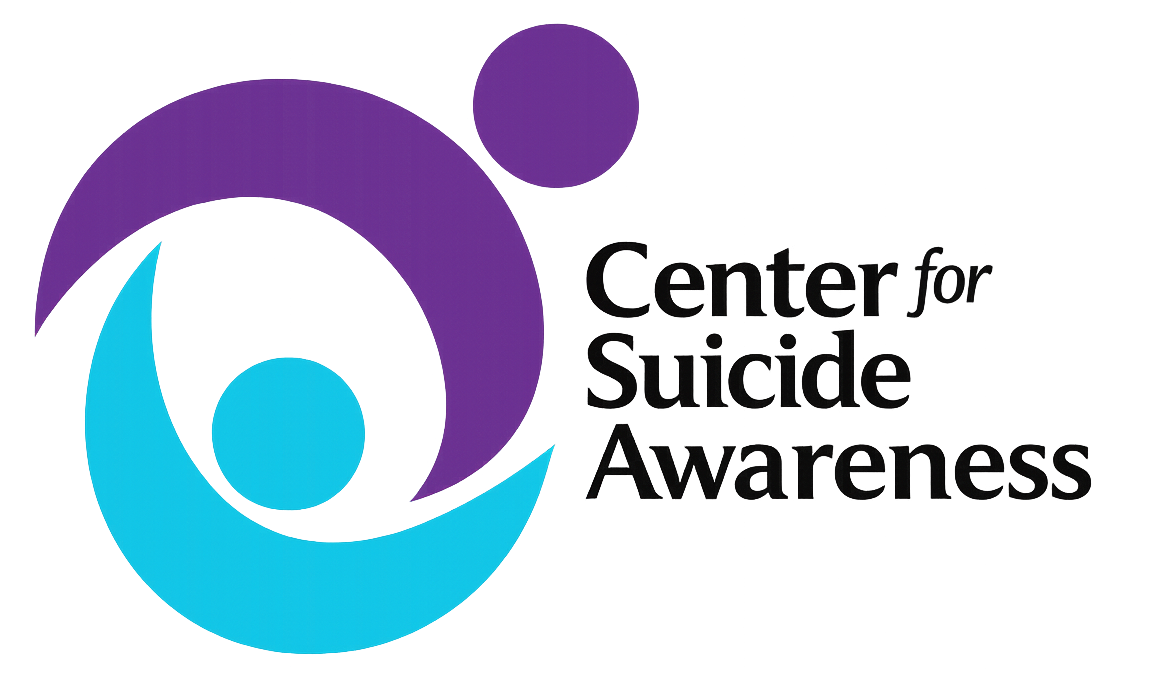First Responders & Law Enforcement
You’re the One People Call. But Who Checks on You?
Police. Fire. EMS. Dispatch. You show up on the worst day of someone’s life—and then you move on to the next call. Over time, that weight adds up. This training is built for first responders by people who understand the culture, the silence, and the pressure. We’re here to make sure you’ve got the tools to look out for your team, and for yourself.
The Stats Are Stark—And So Is the Silence
First responders are at higher risk for suicide than the general public.
Long shifts, constant trauma exposure, public scrutiny, and a culture that prizes toughness over openness create dangerous conditions for mental health. First responders are more likely to die by suicide than in the line of duty. And yet, the fear of seeming weak keeps many from asking for help. This training breaks that cycle by opening the door to honest conversations, proven strategies, and real support.


What You’ll Learn.
Tactical tools for emotional survival.
- How to recognize warning signs in fellow first responders
- How to have direct, stigma-free conversations about suicide
- Grounding techniques for high-stress or post-incident moments
- Suicide prevention strategies adapted for shift work and trauma exposure
- How to respond in the moment when someone’s struggling
- Tools to build peer support systems that actually work
We also address unique challenges like cumulative stress, critical incident burnout, and the mental toll of “always being okay.”
First Responder Training FAQs
Straight answers for the real world.
Do I have to talk about my personal experience during training?
You are never required to share anything personal. The training is designed to be informative, practical, and non-invasive. You’ll learn tools and strategies whether you choose to speak or simply listen. Everyone participates in the way that feels right for them.
Is this training only for police officers?
Not at all. This training is designed for all types of first responders, including firefighters, EMTs, paramedics, dispatchers, and correctional officers. We tailor the delivery to suit the specific group, but the core skills are universal and applicable across roles.
What if my department isn’t talking about mental health yet?
That’s exactly why this training matters. We often work with departments who are just beginning these conversations. We create a space that feels safe, judgment-free, and focused on action—not therapy. Starting the conversation now can change outcomes down the road.
Will I be shamed or told I need to “open up more”?
Absolutely not. This training respects the culture and experiences of first responders. It’s not about forcing emotional vulnerability—it’s about giving you useful tools, language, and confidence to take action when something’s wrong.
Can this training help reduce burnout and turnover?
Yes, and that’s something departments appreciate. By giving teams real skills to manage stress, communicate better, and intervene early, we’re not only preventing suicide—we’re supporting longevity and resilience in the profession. Mental health care is a retention strategy, too.



